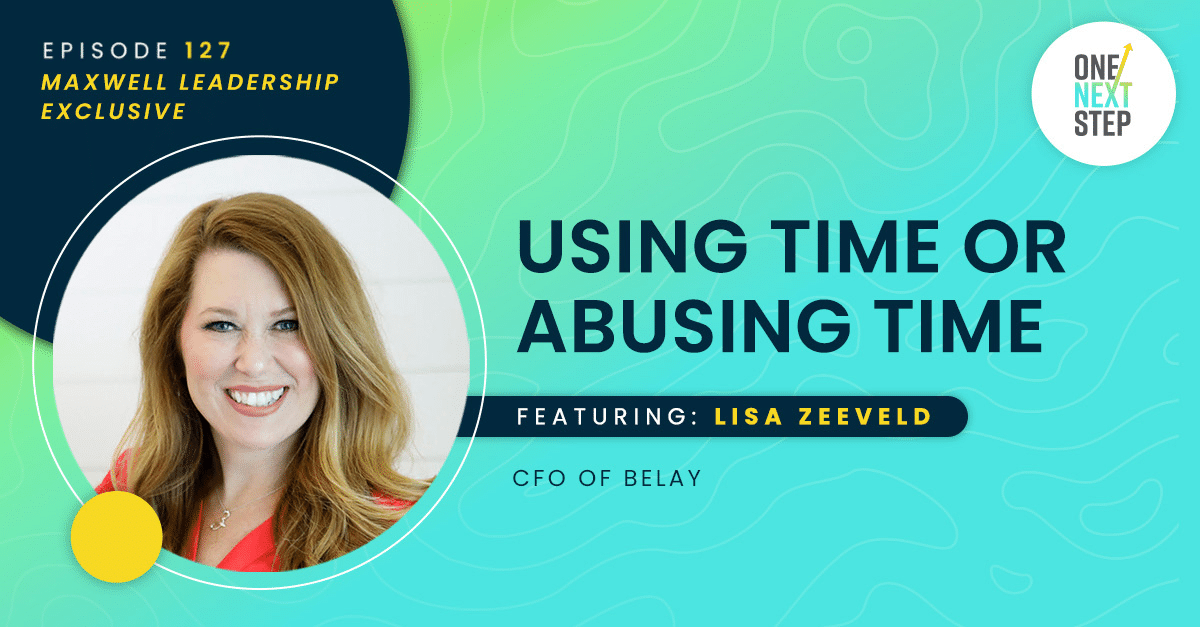1. When salespeople underperform, they are often underdeveloped.
Personality traits like ambition, passion, drive, and competitiveness will take a salesperson far, but it’s not enough for elite levels of sales success. Even industry expertise or mastery of effective sales strategies will not consistently produce results. While basic sales skills are necessary, emotional intelligence and soft skills, like assertiveness and emotions management, are what enable top salespeople to customize their expertise and strategies to the needs of prospective customers. Improve the soft skills of your sales team members by hiring and training for them.
2. Self-awareness is the starting point for developing emotional intelligence and empathy.
Most people go to work reacting to external circumstances or others behavior instinctively rather than intentionally. We are proud of some responses and regret others. The key to changing our responses is becoming aware of them. We can do this by taking time to pause, reflect and evaluate our behavior, what triggered it, how others responded to or perceived us, and what we want to do differently going forward. Becoming aware of ourselves, especially when selling, enables us and our team to clearly draw the line between ourselves and others during interactions and respond productively.
3. Sales is a team sport, and everyone is on the team.
It’s easy to assume the sales process ends when someone completes a purchase, but it’s not. Your customer service or client success team is essentially in charge of reselling your customer every month. Some companies, especially those with in-depth client onboarding or setup processes, may require team members typically in back-office roles to become client-facing. If your team has well-developed soft skills, this is an opportunity to deepen your relationships with clients and further separate yourself from your competitors.




